In the last years, national and international newspapers are echoing to visits and animal-assisted therapy (AAT) that are being implemented in different hospitals in Spain. Thus, one could read an article in La Voz de Argentina a couple of days ago, where a review of the situation in Spain is published after the recent incorporation of Hospital Rey Juan Carlos de Móstoles.
Since Hospital San Joan de Deu was the first one to break the barrier in 2009 and established a program in 2012, different hospitals have been adding to this initiative with excellent results in different areas.
The Psychiatric service at Hospital Universitario de Torrejón implemented the ATT in 2012 and has managed to reduce the medication against depression by 60% and increase the consultation of patients with schizophrenia by 80%.
Gipsy Cannis, Perros Azules and Hospital Universitario Gregorio Marañón began their journey together at the dog show Gipsy Cannis 2015 with the program Dog Smiles, introducing the ATT in Paedriatic Oncology.
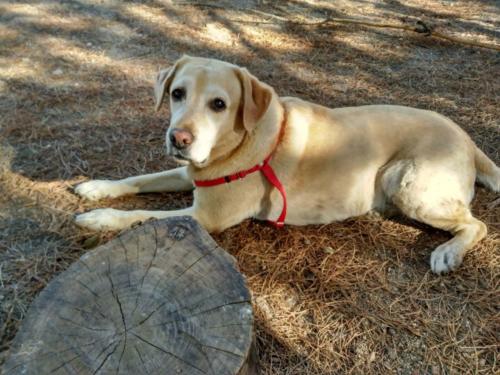
Since July 2016, Hospital de Guadarrama and CITA Terapias y Animales participate in the Dog Intervention Service of the Community of Madrid. An initiative to take therapy dogs to schools, hospitals and nursing homes in order to give support, affection and attention to the people who remain in these centers without substituting the conventional treatments or therapies that usually receive.
The Intensive Care Unit of Hospital Moises Broggi de Sant Joan Despí launched the HUCI-CO project after joining the initiative #healingwalks with animal visits to the hospital after the experience with a patient who could not remove from mechanical ventilation. In 10 days he was able to be discharged from ICU.
Last August, the companions of Hospital of Can misses de Ibiza have joined with Dogspital: all admitted patients can request that their pet visit them. From that moment, a protocol is launched: doctors (who must authorize the meeting), veterinarians (who make sure that the animal has the vaccines and is dewormed) and the canine educator (who checks the mood and the animal education). If all is correct, patient and dog can be found within three days, time needed to ensure that internal and external deworming is effective.
And the stories of Elda or Vinalopó in Alicante were really amazing.
From Proyecto HU-CI, we thank all of them for the implementation of the respective initiatives and we invite everyone to replicate them throughout Spain and all over the world. What might seem crazy, is already a reality and has come to stay. You just have to try.

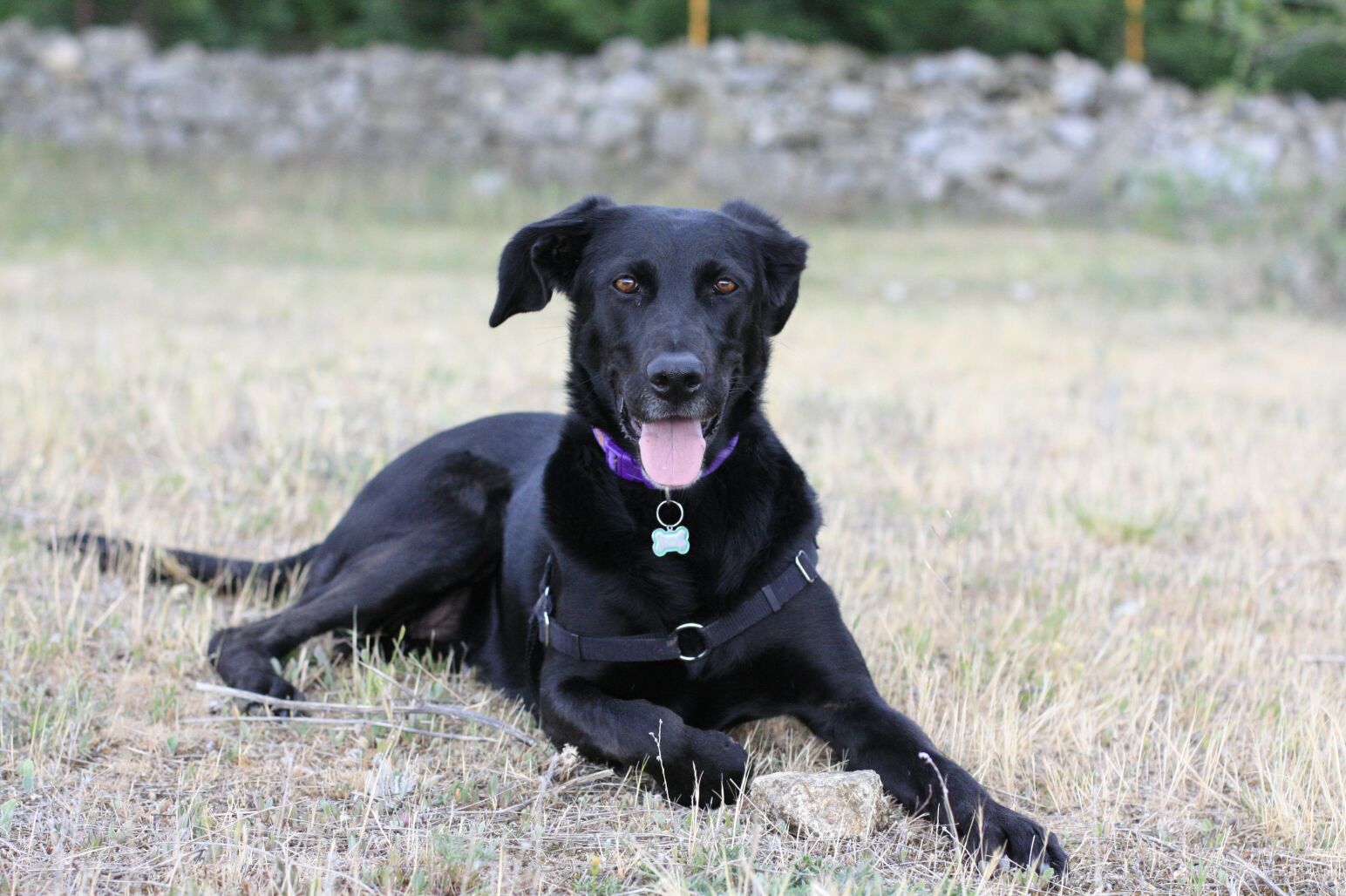

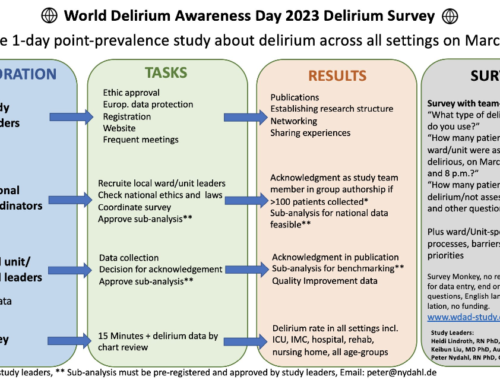
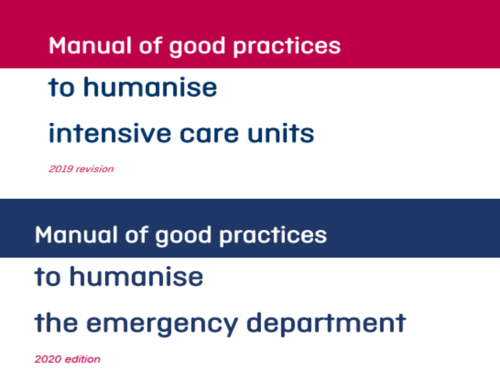
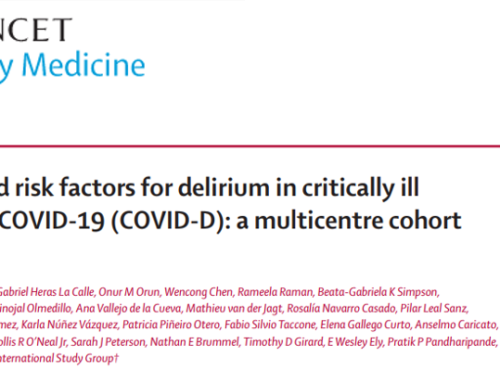
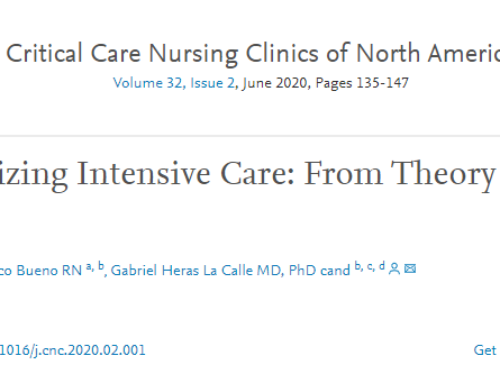

[…] you also can ask all people who are just doing in Spain, that are not […]